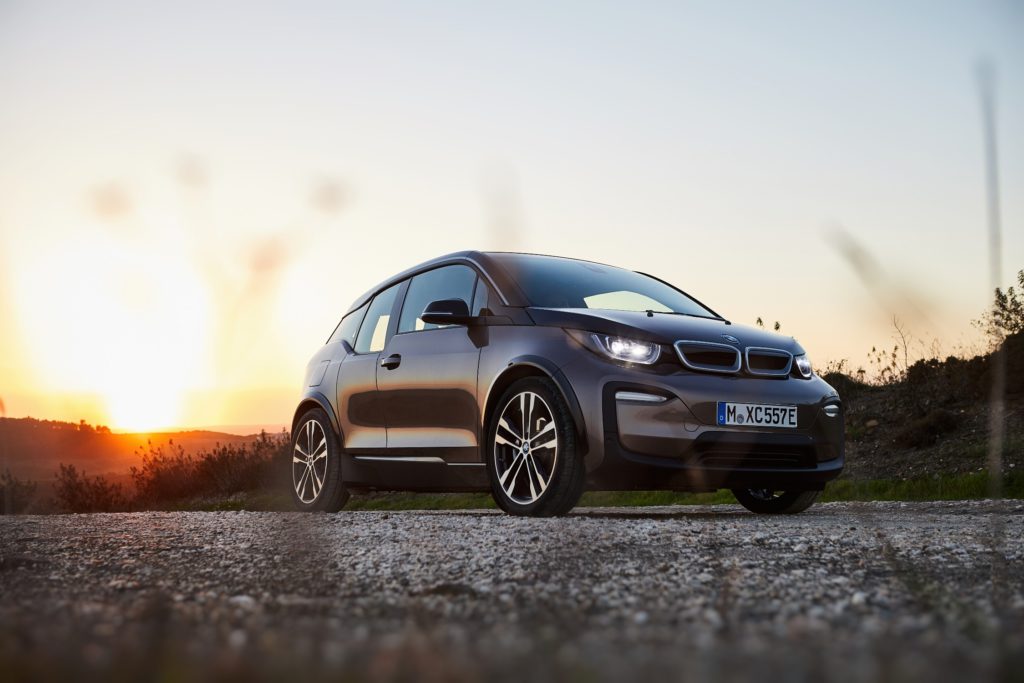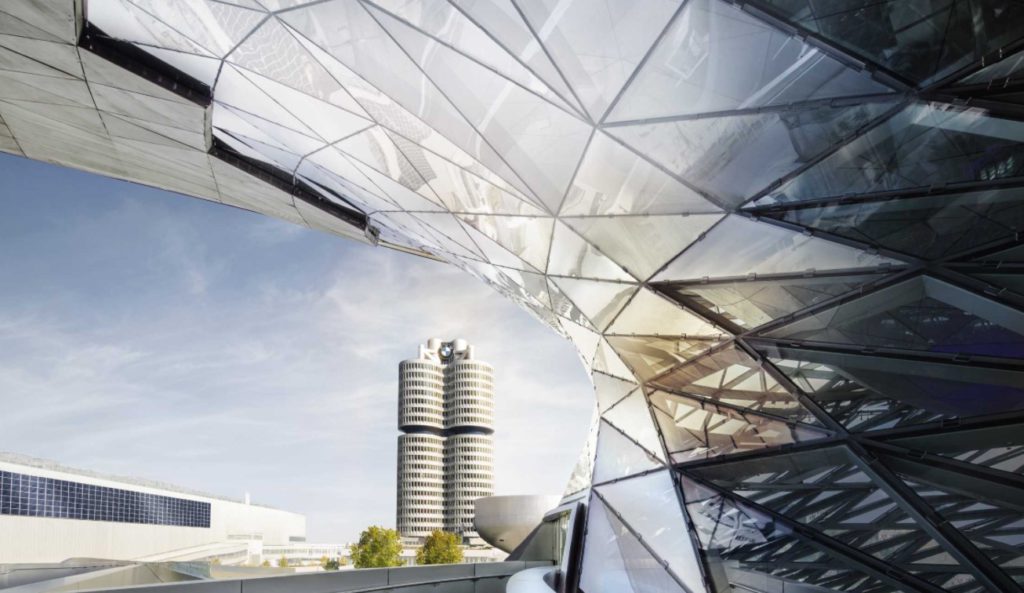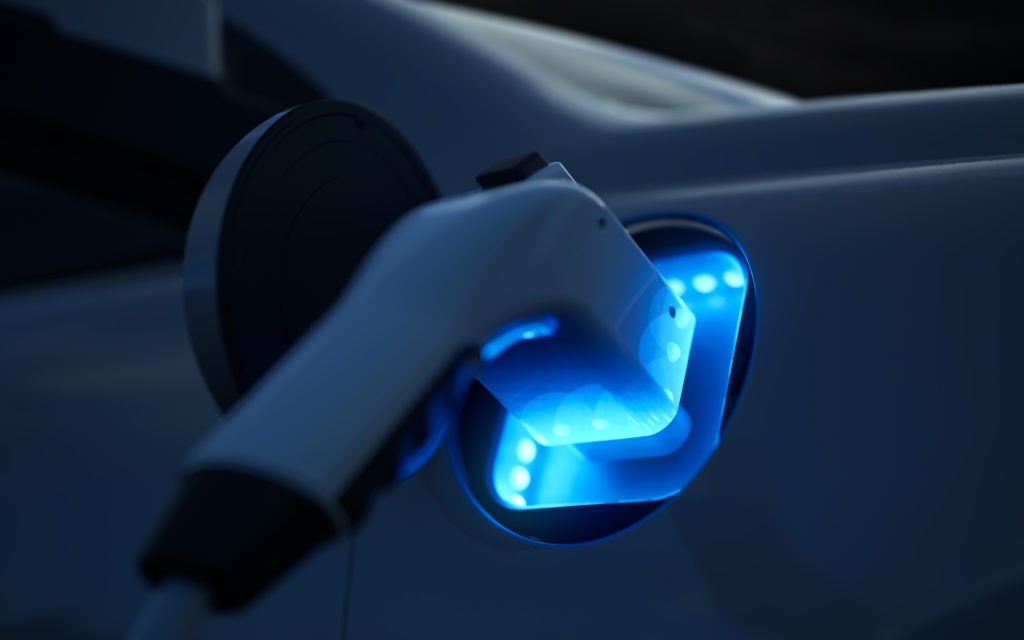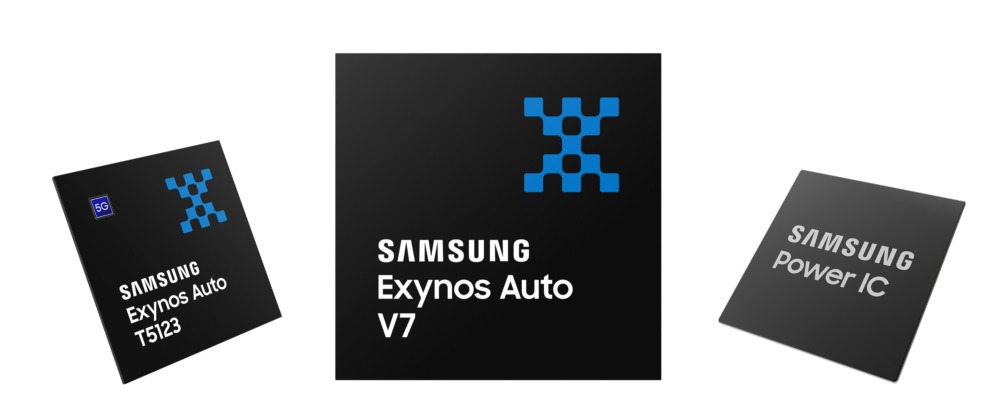BMW secures ‘millions of semiconductors’
10 December 2021
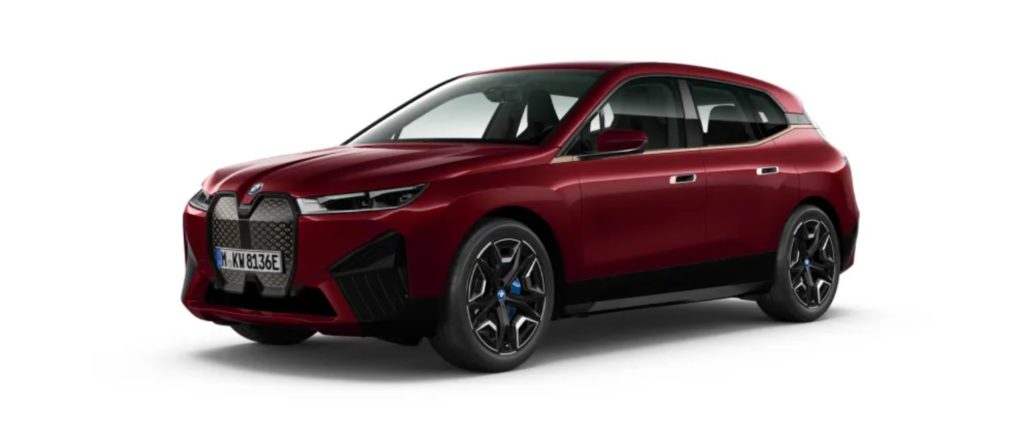
Semiconductors – a word many in the automotive industry have become familiar with in the last year. Carmakers have been struggling to get their hands on the coveted chips, with supply chain issues curtailing vehicle production.
BMW is trying to get ahead of the game, signing an agreement with Munich-based microchip-maker Inova Semiconductors and US-based GlobalFoundries to supply the German OEM with millions of semiconductors per year.
‘Pioneering’ agreement
The carmaker wants to secure its semiconductor supply for the long term by working directly with suppliers and looking at strategies to become more involved in the supplier network. The deal with Inova and GlobalFoundries guarantees the supply of microchips, which BMW intends to use for interior ambient LED technology. The chips will initially be installed in the BMW iX electric SUV and rolled out in further models.
‘We are deepening our partnership with suppliers at key points in the supplier network and synchronising our capacity planning directly with semiconductor manufacturers and developers,’ said Andreas Wendt, BMW board member. ‘This improves planning reliability and transparency around the volumes needed for everyone involved and secures our needs for the long term.’
Wendt spoke of a ‘pioneering agreement’ that marks the next step in securing supplies in a ‘proactive’ manner. Manufacturers are eager to strengthen their relationships with suppliers to avoid further market disruptions. The chip crunch caused temporary production stoppages and led to certain BMW models missing features, including touchscreen functionality.
BMW CEO Oliver Zipse warned that the lack of microchips will continue into 2022. While the carmaker raised profit expectations at the end of September, it said production hurdles last month lowered sales numbers to below November 2020 levels.
Members of the European Automobile Manufacturers’ Association (ACEA), such as BMW, are concerned sales will not reach pre-pandemic levels next year. The organisation said one way to avoid bottlenecks would include cutting dependency on suppliers based in Asia.
Win-win situation
BMW’s agreement will help the carmaker establish a more resilient supply chain. To put this into perspective: every car contains several thousand semiconductors that are essential components for all electronic devices. These chips perform arithmetic and control tasks in computers, while also storing data or handling multiple tasks at the same time. BMW said the share of electronic components in vehicles will increase in the future, making its chip deal all the more important.
‘This agreement directly with an OEM certainly marks new territory for us as a semiconductor manufacturer,’ said Robert Kraus, CEO of Inova Semiconductors. ‘But we firmly believe this innovative approach to partnership throughout the production chain will help us achieve our objectives: in this way, we can secure supplies for our end customers and ensure high planning reliability throughout the long chip production cycles. It’s a real win-win.’
BMW’s new partner GlobalFoundries is known for building relationships with carmakers to address the growing demand for feature-rich chips. The company recently announced a non-binding agreement with Ford to advance semiconductor manufacturing in the US, with the deal aiming to boost chip supplies for Ford.
‘This supply assurance agreement with the BMW and Inova demonstrates how the companies are partnering to develop innovative smart LED technology for the new BMW iX and to develop new technologies for the car of tomorrow,’ said Mike Hogan, senior vice president and general manager of Automotive, Industrial and Multi-market at GlobalFoundries.
The news comes after BMW recently signed an agreement with San Diego-based Qualcomm to use its chips in the carmaker’s next generation of driver-assistance and autonomous-driving systems. Qualcomm is the world’s biggest chip supplier for mobile phones but is diversifying its business. BMW said these chips would be used for its ‘Neue Klasse’ series, set to start production from 2025.
